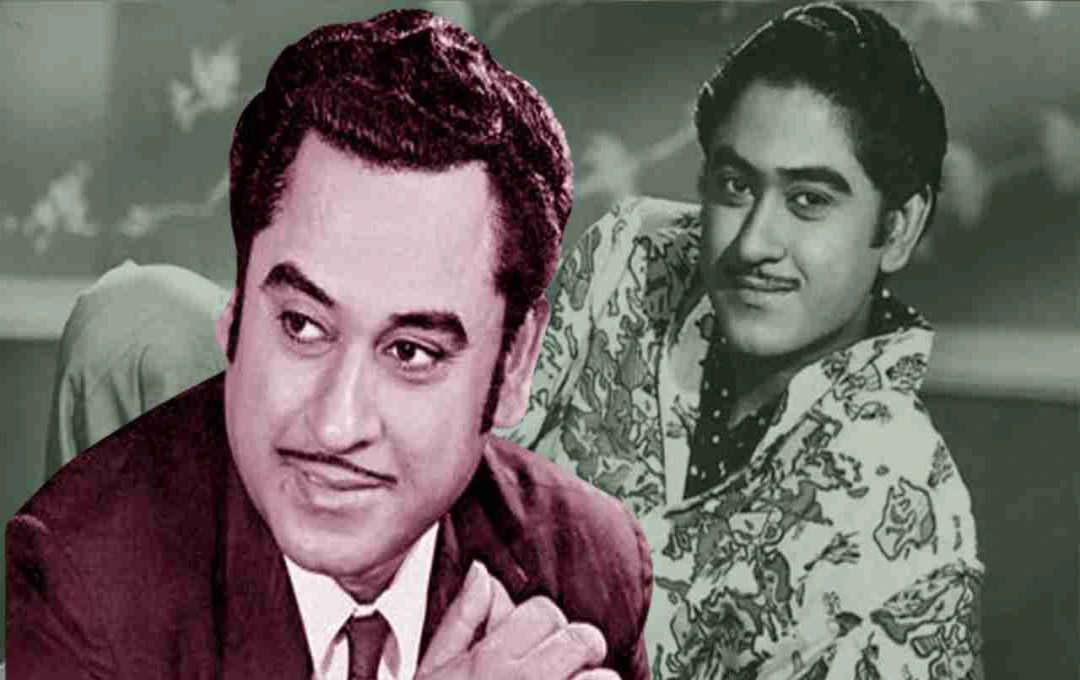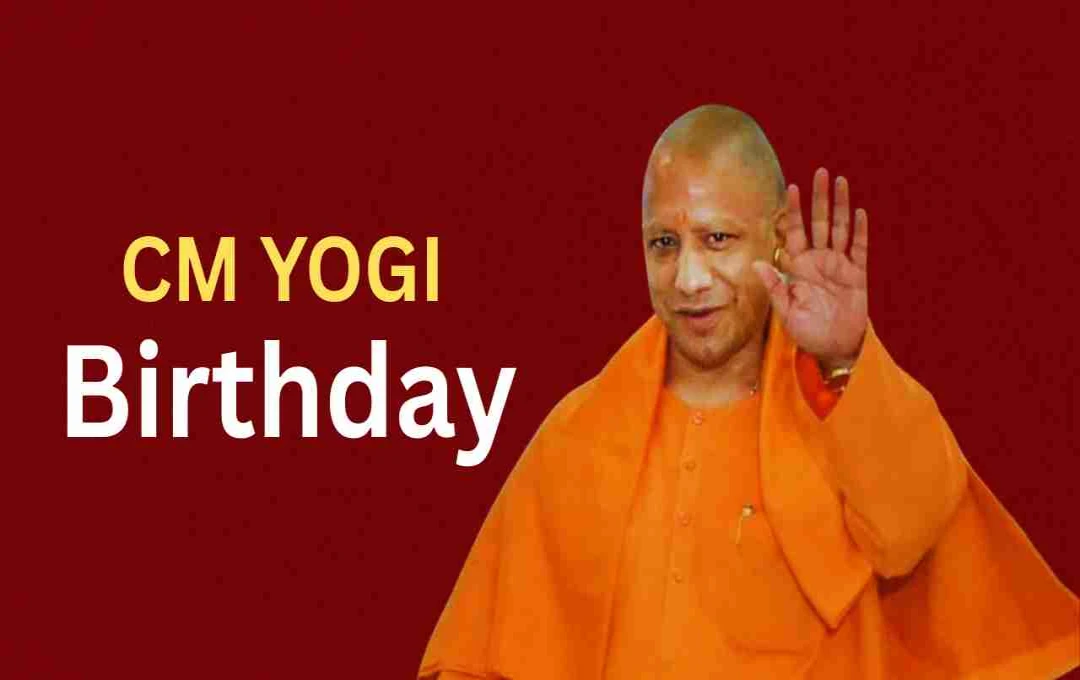Indian cinema and music have witnessed numerous legendary artists, but some personalities transcend their era through their multifaceted talent and captivating persona. Kishore Kumar was one such luminary, who not only enthralled audiences with his magical voice as a playback singer but also carved a unique niche for himself as an actor, director, and music composer. His personality and work style continue to resonate with film and music lovers even today.
Early Life and Struggles
Kishore Kumar was born on August 4, 1929, in Khandwa, Madhya Pradesh. His original name was Abhas Kumar Ganguly. He was the fourth of four siblings. Kishore Kumar never forgot his roots and often proudly mentioned his birthplace, Khandwa. Despite facing poverty and hardship in his childhood, he never gave up. During his studies at Christian College, Indore, he often lacked money, yet his courage and positive attitude always propelled him forward.
He had a habit of borrowing food from the college canteen during his studies. These small incidents illustrate his personality—a simple, spontaneous, and fearless individual who held onto music and laughter even during challenging times.
Acting and Music Debut
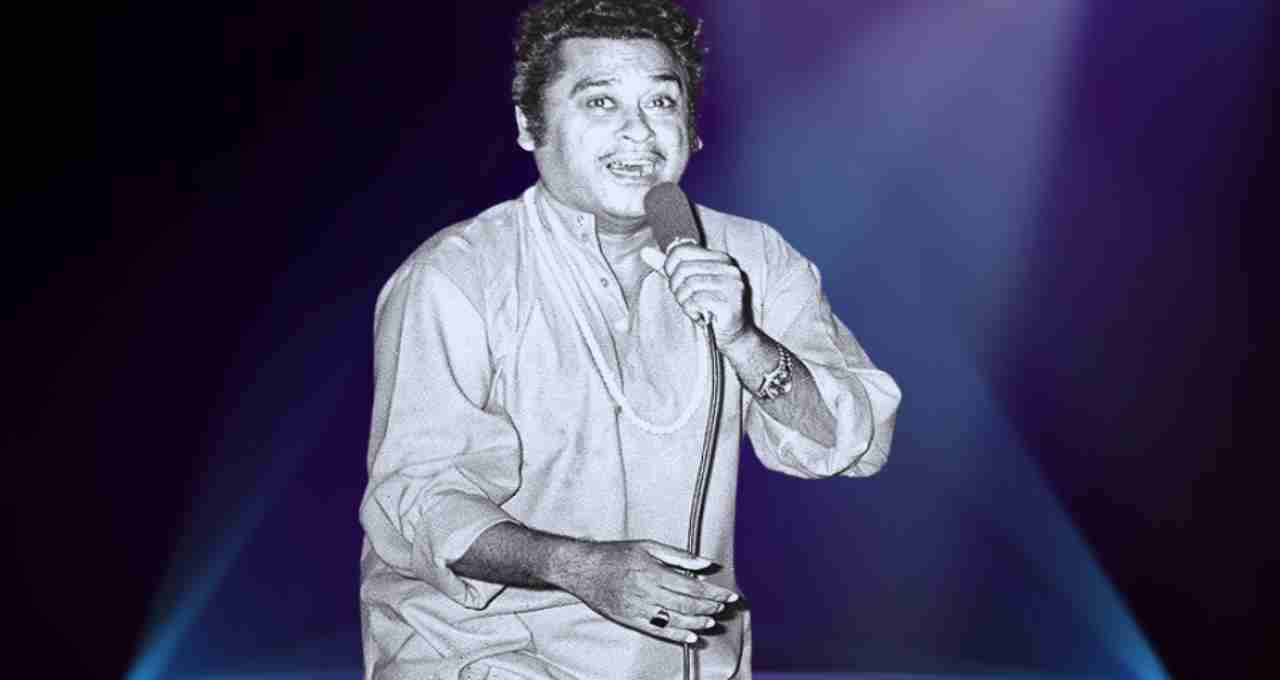
Kishore Kumar began his acting career in 1946 with the film ‘Shikari.’ His elder brother, Ashok Kumar, was a successful Bollywood actor at that time. Initially, Kishore Kumar did not find recognition as a singer. His first attempt at singing was in the 1948 film ‘Ziddi,’ but it did not bring him success. He persistently pursued both acting and singing. In 1951, he starred in the film ‘Aandolan,’ but the film was unsuccessful.
His big break came in 1954 with Bimal Roy's film ‘Naukri,’ where he played an unemployed young man, showcasing his acting talent to the audience. Later, films like ‘Chalti Ka Naam Gaadi’ further cemented his popularity as an actor.
The Magical World of Singing
The recognition Kishore Kumar achieved in the field of music stemmed from his unique voice and expressive singing style. He sang in numerous languages, including Hindi, Tamil, Marathi, Assamese, Gujarati, Kannada, Bhojpuri, Malayalam, Odia, and Urdu. He recorded over 16,000 songs, a record that remains unmatched to this day.
His songs were not just music; they were an ocean of emotions. Whether a romantic song or a humorous one, Kishore Kumar's voice touched the hearts of listeners in every style. He collaborated with legendary music directors like S.D. Burman and R.D. Burman to create timeless melodies. Songs like ‘Tera Mastana Pyar Mera Diwana,’ ‘Dukhi Man Mere’ from ‘Funtoosh,’ and ‘Jhumroo’ remain etched in people's memories.
Journey from Playback Singer to Superstar
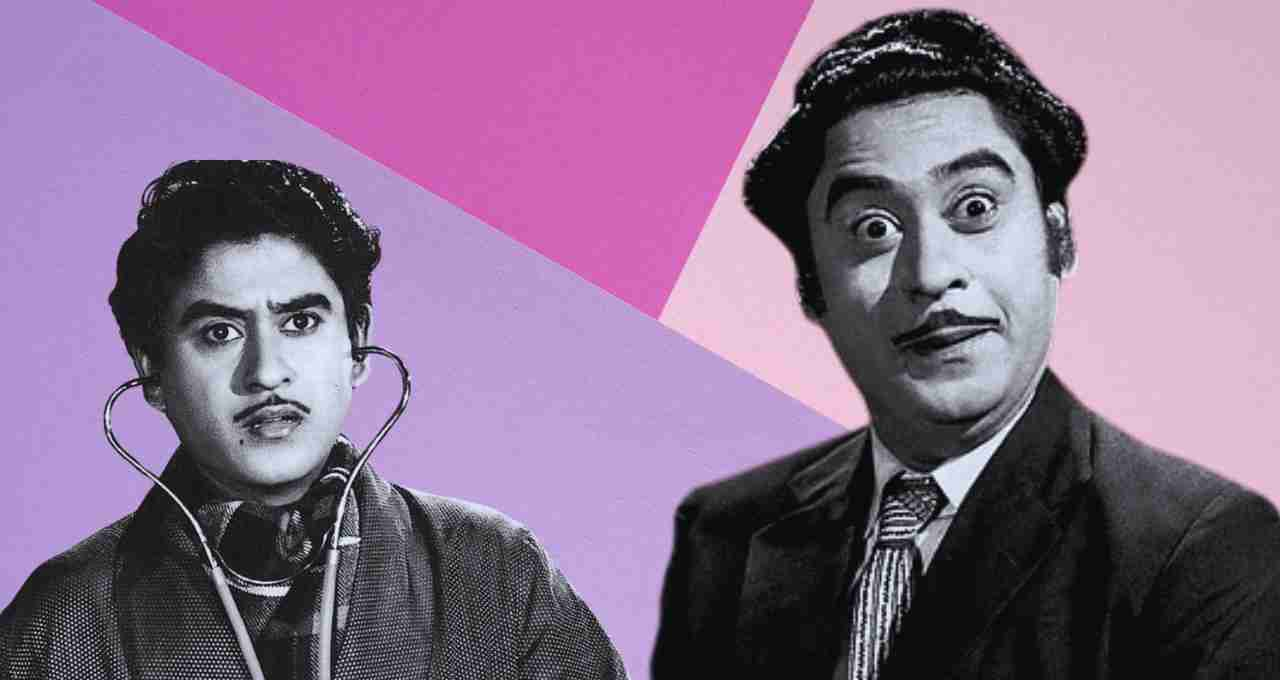
When Kishore Kumar entered the world of playback singing, established singers like Mukesh, Manna Dey, and Mohammed Rafi dominated the scene. Despite this, he created his own distinct identity. His voice possessed a magic that blended seamlessly with the personalities of numerous leading actors like Dev Anand, Rajesh Khanna, and Amitabh Bachchan, making it almost impossible for listeners to believe the voice belonged to someone else.
Kishore Kumar excelled not only as a singer but also as a successful actor and director. He acted in 81 films and directed 18. His carefree portrayal in the film ‘Padosan’ remains immortal in the hearts of comedy lovers.
Ups and Downs of Personal Life
Kishore Kumar's personal life was as colorful and complex as his films and songs. He married four times. His first marriage was to Bengali actress Ruma Guha Thakurta, which lasted from 1950 to 1958. His second wife was Madhubala, whom he married in 1960. Despite Madhubala's health issues and family disagreements, this relationship remained a significant part of his life. After Madhubala's death, he married Yogita Bali, a marriage that was short-lived. Finally, he married Leena Chandavarkar.
His personal life was fraught with difficulties, but he never allowed it to diminish his passion for music and acting.
Emergency and Social Commitment
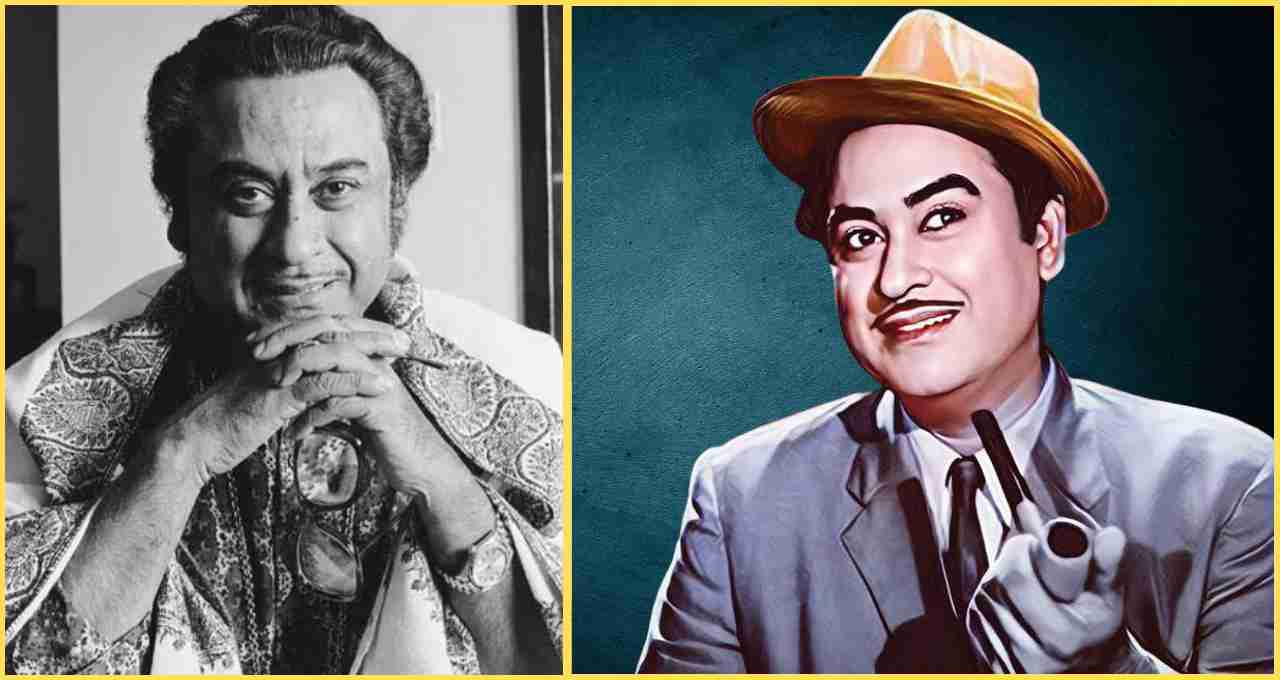
During the 1975 Emergency, Kishore Kumar faced numerous pressures from the government. He refused to participate in government functions, leading to a ban on his songs on All India Radio and income tax raids on his home. Despite this, he did not support the Emergency. This demonstrated his independent thinking and commitment to truth.
From Struggle to Success
Kishore Kumar's journey was not easy. When he started his career, his elder brother and contemporary artists were already established. Competition in the music and film industry was fierce, making it difficult for newcomers to find their footing. However, Kishore Kumar overcame every obstacle with his passion, hard work, and talent. He molded his voice to suit each actor's personality and brought every song to life.
Tributes and Legacy
Kishore Kumar was awarded eight Filmfare Awards, a remarkable achievement. The Madhya Pradesh government honored him with the Lata Mangeshkar Award and later established the ‘Kishore Kumar Award’ in his name. His singing style, acting, and lifestyle continue to inspire many artists and music lovers.
Kishore Kumar was not just an artist; he was a complete artiste who immortalized Hindi cinema and music with his multifaceted talent. The magic in his voice, his acting, his personality, and his struggles teach us that every difficulty can be overcome with hard work and dedication. He remains a superstar in the history of Indian music and cinema, whose legacy will be remembered for centuries to come.
